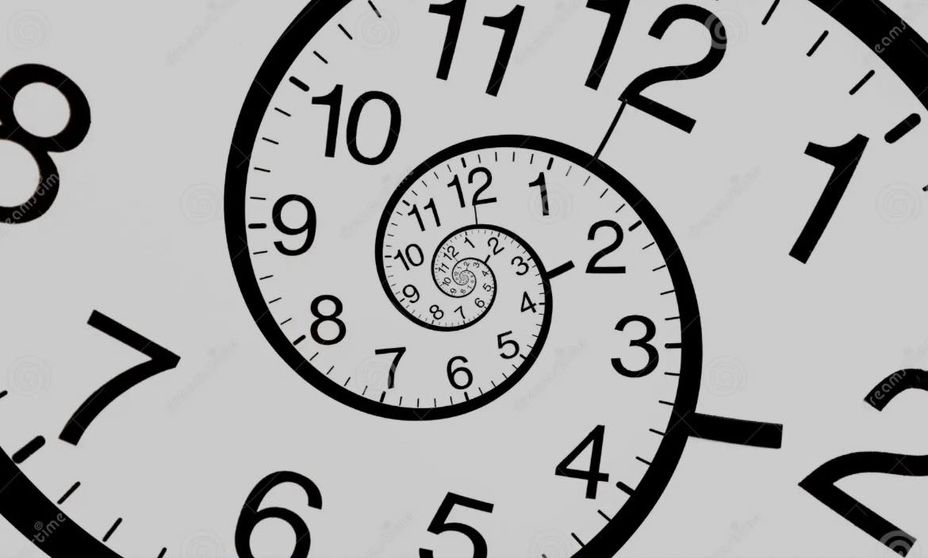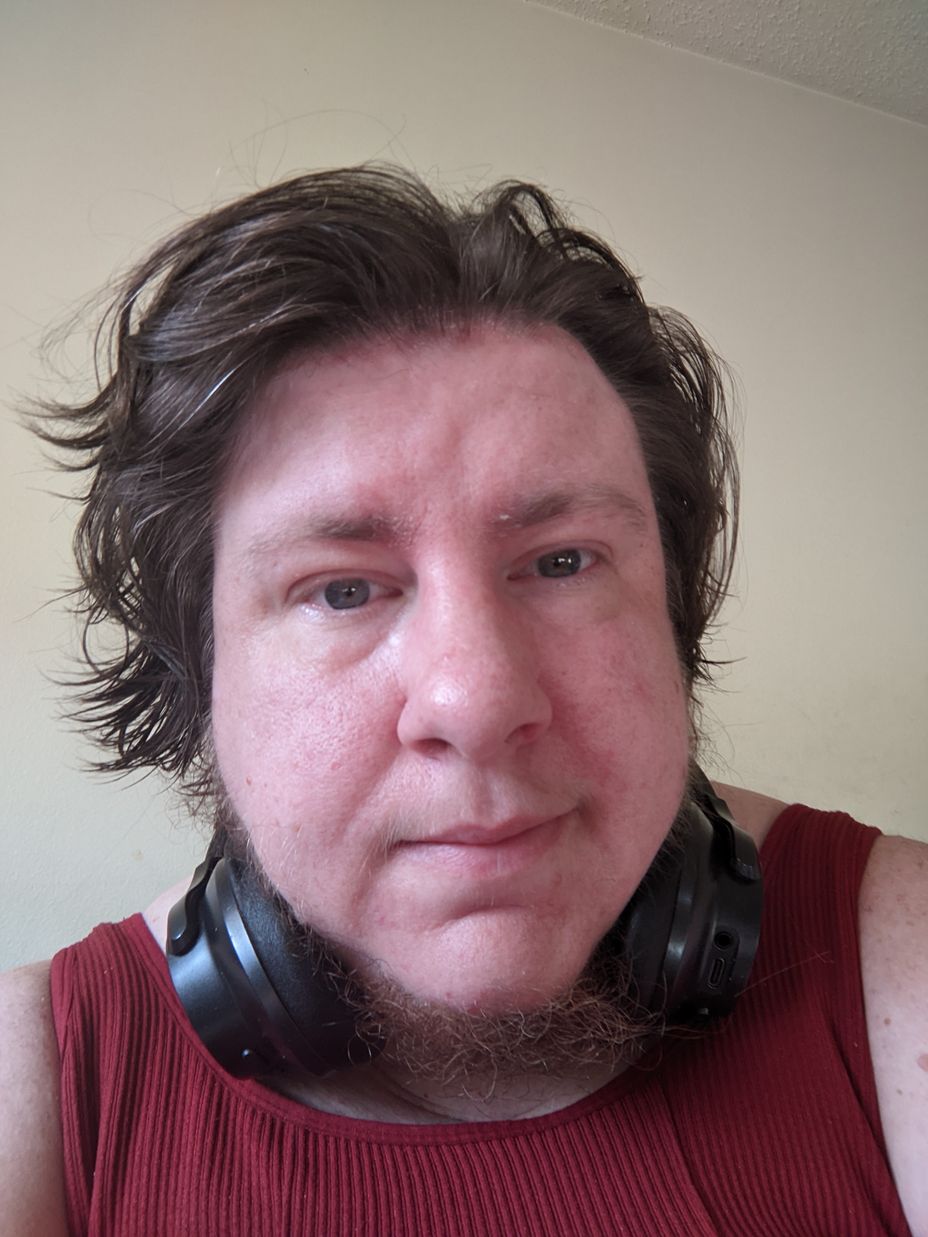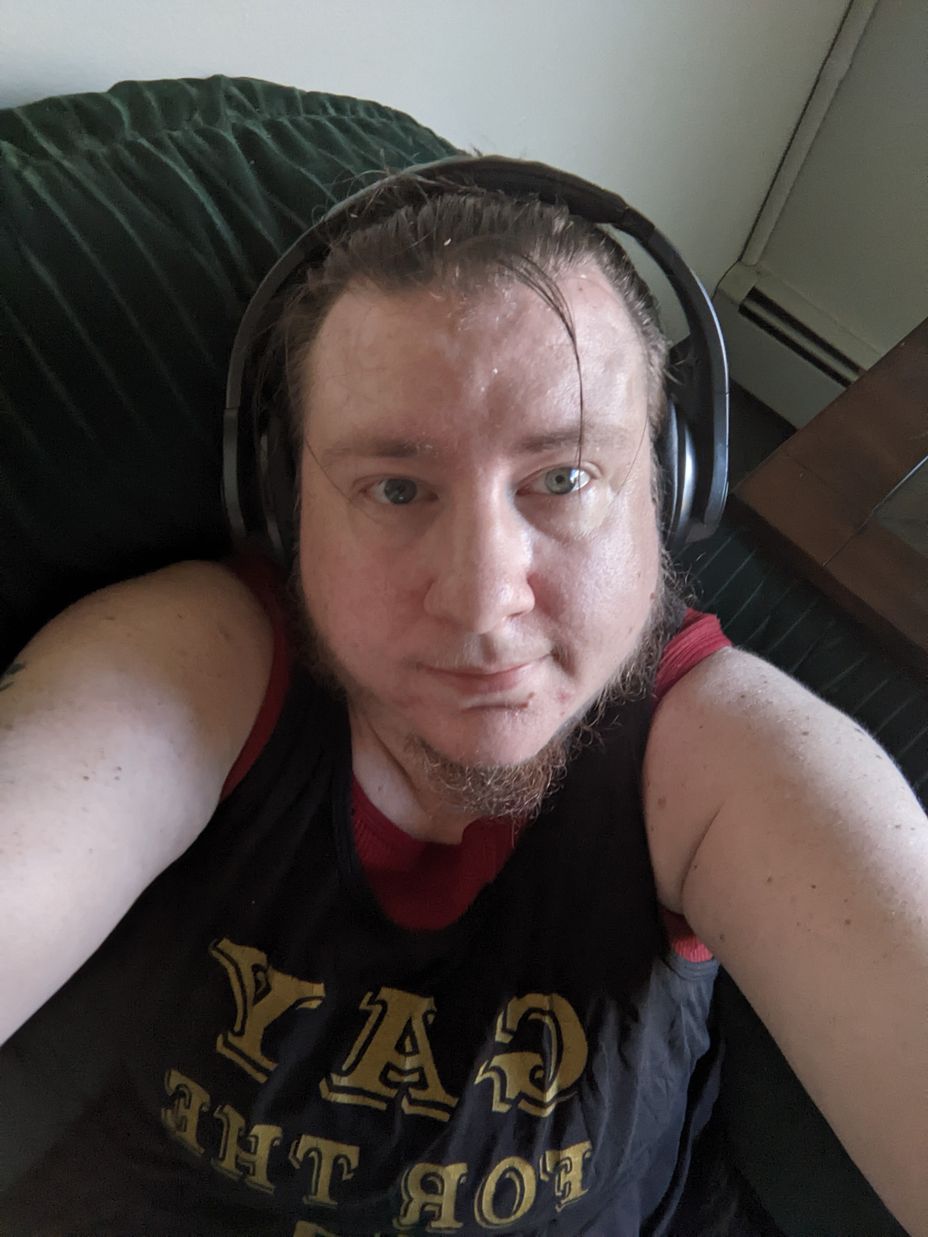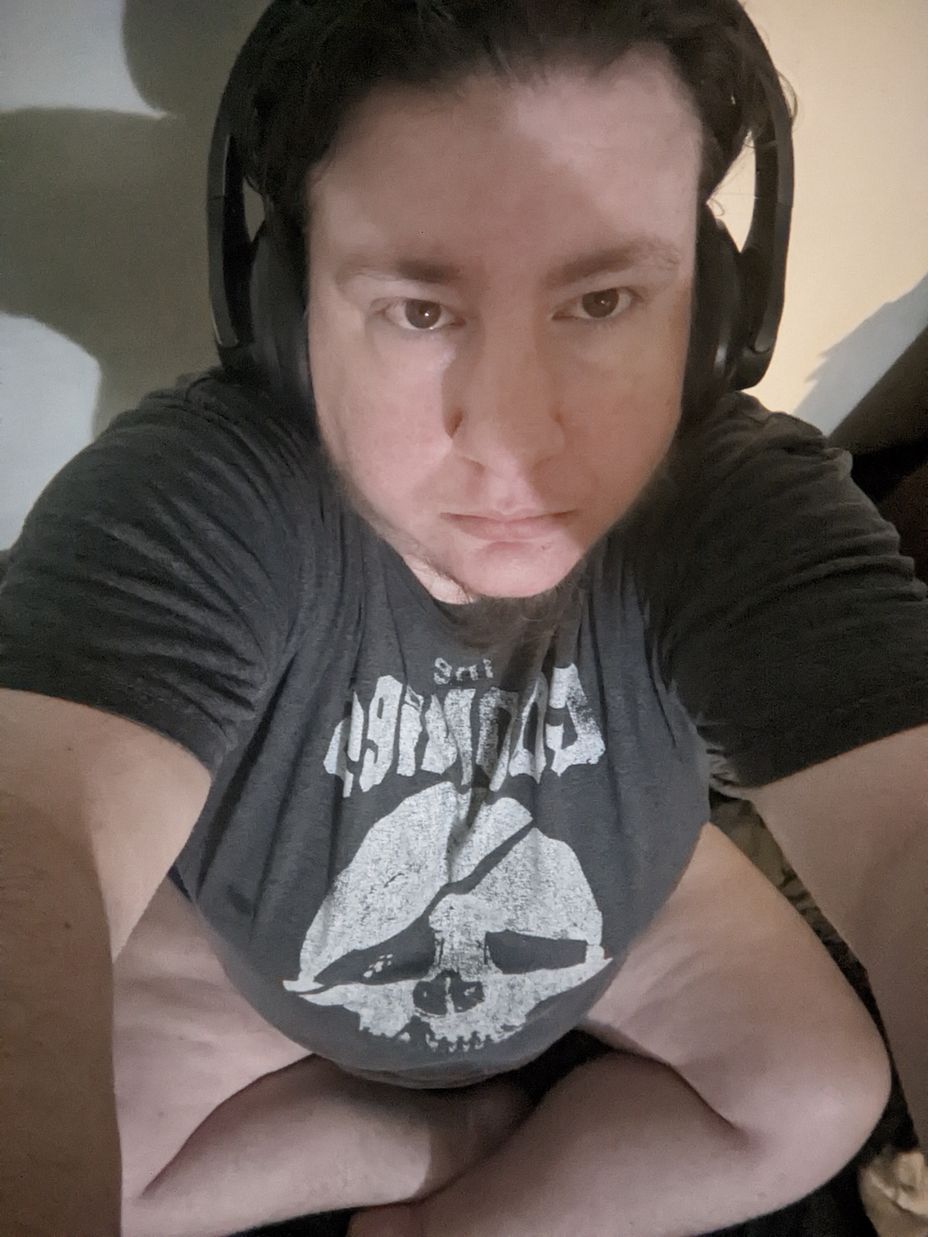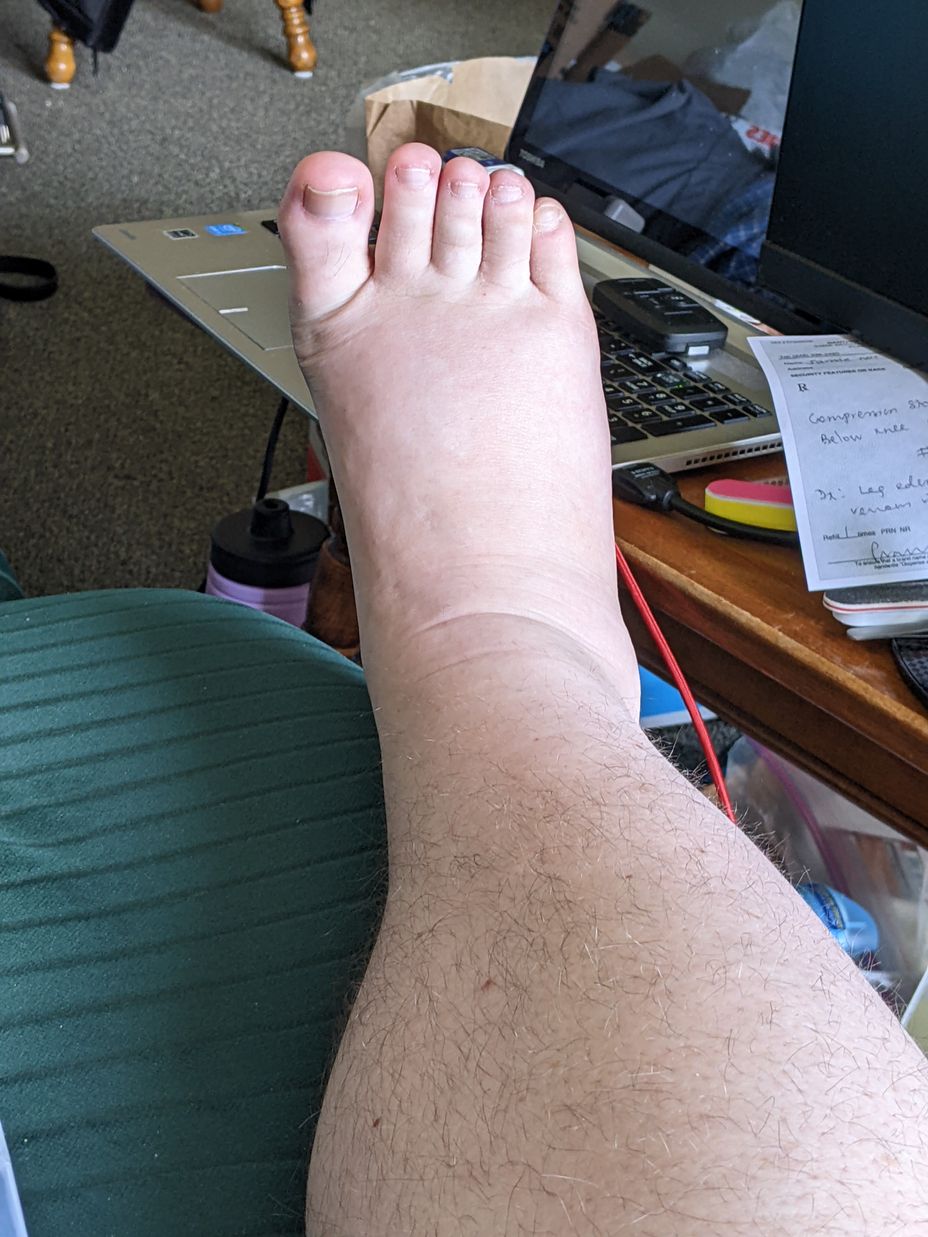What 24 Hours Really Means When You’re Managing Health Challenges
You’ve probably heard the saying, “We all have the same 24 hours in a day.” It’s often meant to motivate us to be productive or manage our time better. But for many of us living with chronic illness, mental health challenges, or caregiving responsibilities, those 24 hours don’t feel equal at all.
Sure, the clock ticks the same for everyone, but how we experience those hours can be vastly different. When you’re managing symptoms like fatigue, pain, brain fog, or anxiety, even simple tasks can take much longer. What might be a quick errand for one person could feel like climbing a mountain for someone else.
For example, I have chronic idiopathic urticaria. Some days, the intense itching and discomfort make focusing on anything else nearly impossible. I also struggle with lymphedema in my legs, which makes walking, standing, or even sitting with my feet on the floor for long periods unbearable unless I elevate them. On those days, moving around feels impossible, and resting becomes the priority. But on better days, I’m able to tackle more, and that variability is hard to explain to others.
Living with a chronic condition often means your energy is limited and unpredictable. I’m managing my own symptoms while also focusing on appointments, school for my kids, their symptoms, and their needs. I juggle daily tasks like meal prep, medication schedules, and helping with homework, all while trying to maintain some semblance of self-care. You might have good hours or good days when you feel more capable and then bad days when even getting out of bed feels impossible. Time alone doesn’t reflect the struggle or resilience required to navigate those fluctuations.
One of the hardest lessons I’ve learned is to stop comparing my daily “output” to others. Instead, I focus on celebrating small victories like managing my symptoms or just making it through a difficult day.
Many also carry caregiving responsibilities, whether for children, partners, or aging parents. This invisible labor consumes hours and emotional energy, leaving less free time to focus on ourselves or our passions. I know firsthand how demanding caregiving can be and how it can stretch your time so thin you barely notice the hours passing.
It can be tempting to compare your productivity or how you spend your day to others, but that comparison often overlooks the invisible battles many face every day. Instead, recognizing that your 24 hours come with unique challenges helps foster compassion for yourself and others.
Some things that help me honor my time and limits include listening to my body and giving myself permission to rest when needed, setting realistic goals and celebrating small achievements rather than big to-do lists, prioritizing activities that bring joy or peace, asking for help when I need it, and practicing self-compassion by remembering that my worth isn’t measured by productivity.
Your worth isn’t measured by how much you do in a day. It’s about how you navigate your own journey, one moment at a time.
